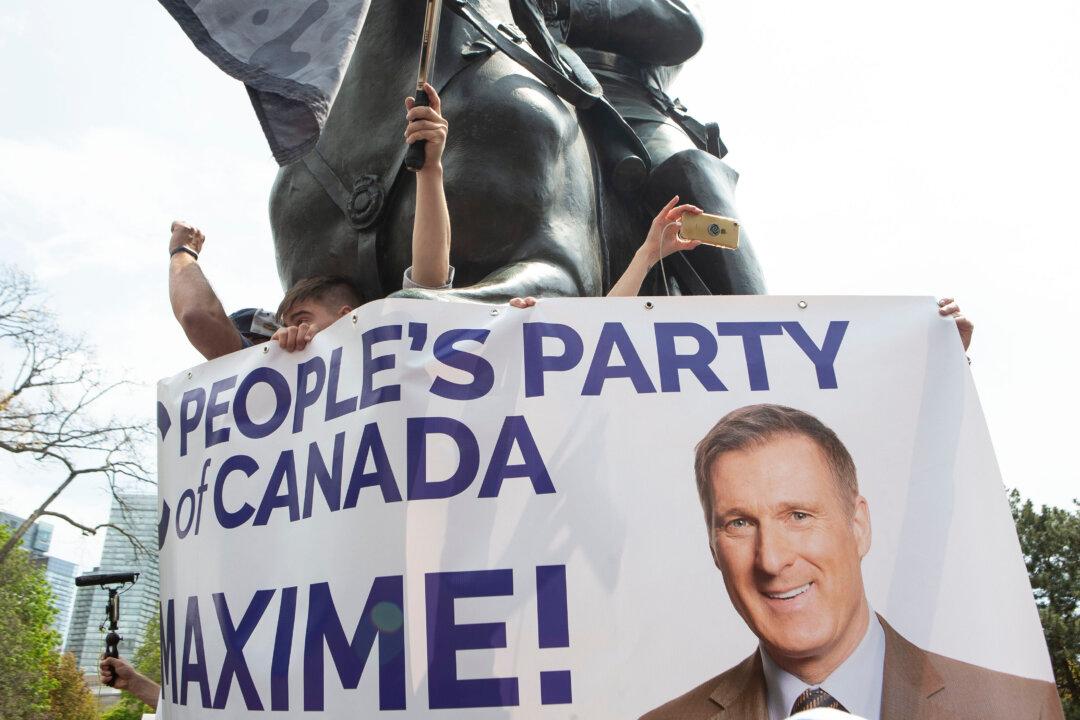Following byelections in Quebec, Manitoba, and Ontario that saw the Conservatives and Liberals hold on to their seats, pollsters and analysts say the lacklustre results for the Green Party and People’s Party of Canada (PPC) show they are being “squeezed” by the larger parties on both sides of the political spectrum.
“They’re having more difficulties in this configuration of major parties, where the Conservatives are a little more populous than they have been in the past—which kind of squeezes the PPC. And for the Liberals, being very environmentally focused, it squeezes the Green Party,” Nik Nanos, chief data scientist and founder of the Nanos Research Group of Companies, told The Epoch Times.





